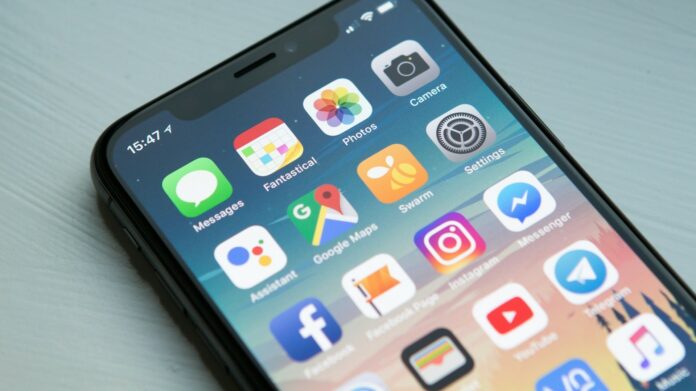For the first time in its history, Apple is opening App Store doors. The Cupertino firm will soon authorise third-party stores on its iPhone and iPad devices. This means no more fees for app and game developers.
Recently, Apple has often been pointed out for what is perceived as anti-competitive behaviour. The reason is that the terms of use for its App Store prohibit developers from implementing alternative payment methods that prevent Apple from taking its 30% cut. Thus, when Epic Games tried the latter with Fortnite, Apple banned the game from its store. This prompted Epic Games to launch legal actions against the tech giant.
In the EU, to comply with the Digital Markets Act (DMA) voted in July 2022, Apple announced in January 2024 that it will allow third-party stores on iOS devices starting March 2024. The DMA aims to ensure a higher degree of competition in European digital markets by preventing large companies – the so-called gatekeepers, Alphabet, Amazon, Apple, ByteDance, Meta, and Microsoft – from abusing their power.
Great for customers in the EU
Marking a huge positive turn for EU users, these changes will allow third parties to implement their own stores, and most importantly, alternative payment methods. This means lower prices for the end-user as apps no longer need to pay the App Store fees. That said, some developers may not transfer 100% of the cost reduction to their users.
Apple has started rolling out these policy changes with its latest iOS 17.4 and iPadOS 17.4 updates. EU users will be able to set other third-party stores like Setapp as default. The latter is a sort of Netflix for apps. For a $9.99 monthly payment, you get access to 240 apps, which is a nice way to test many apps without shelling out the total cost upfront.
Lastly, iOS 17.4 also introduces alternative payment options for apps in the App Store and third-party browser engine support. Unfortunately, these changes will only apply to EU users, as the rest of the world will keep things as is. Hopefully, others will follow soon.

